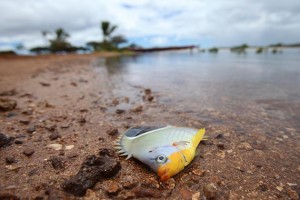On November 16, 2012, an oil rig in the Gulf of Mexico exploded, killing three rig workers, leaving two missing, and critically injuring four. About 28 gallons of oil were spilled into the water. There were 28 workers on the oil rig at the time of the explosion. The explosion occurred on a rig 100 miles south of New Orleans.
The rig was owned and operated by a Houston company called Black Elk Energy. In August of 2013, a report was released finally pinpointing the cause of the explosion, which has been shown to be unsafe welding practices.
This incident shows the critical nature of each and every job aboard an oil rig. Given the sensitive nature of the rig, unsafely performing any task can result in serious consequences, even death.
Have you been injured in an oil rig explosion, or any other offshore accident? If so, the offshore injury attorneys at Kirkendall Dwyer LLP can help. Whether you are a rig worker that has been injured, or you have lost a loved one to an explosion or other serious oil rig accident, our attorneys can help you recover the compensation you need and deserve. Contact us today.








 On September 12, 2013, a pipeline in Honolulu, Hawaii leaked 233,000 gallons of molasses into the water. The massive spill has been a catastrophe to marine wildlife in the area. So far clean-up crews have recovered over 25,000 dead fish and other sea creatures.
On September 12, 2013, a pipeline in Honolulu, Hawaii leaked 233,000 gallons of molasses into the water. The massive spill has been a catastrophe to marine wildlife in the area. So far clean-up crews have recovered over 25,000 dead fish and other sea creatures.